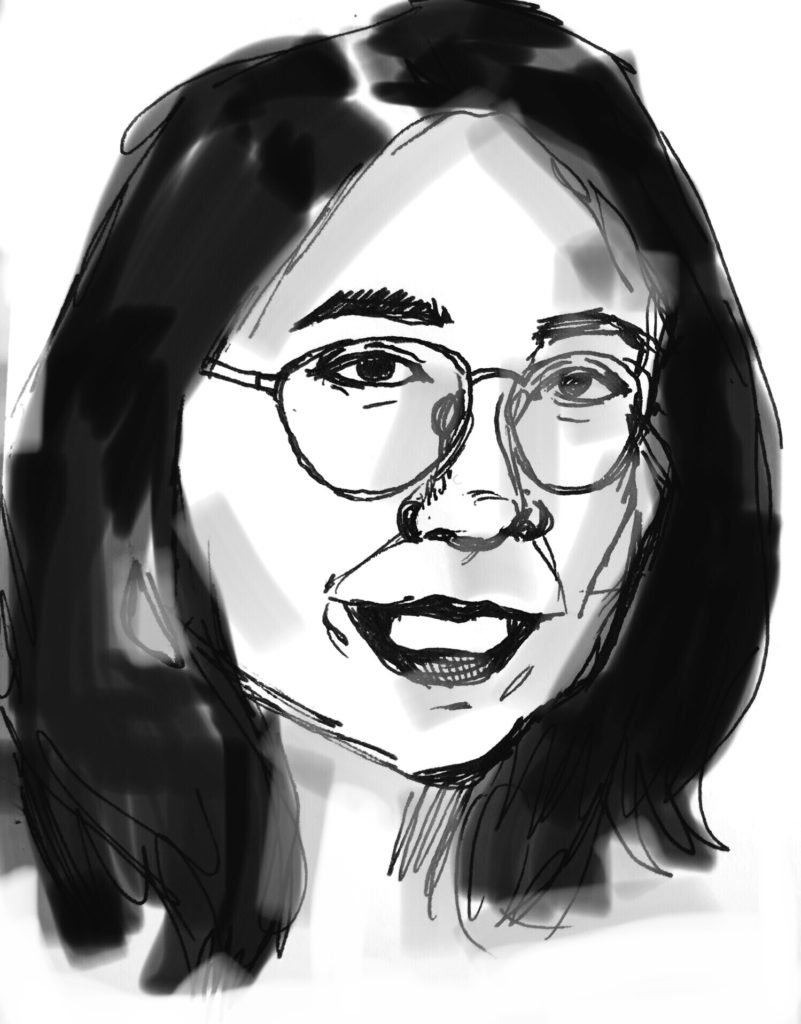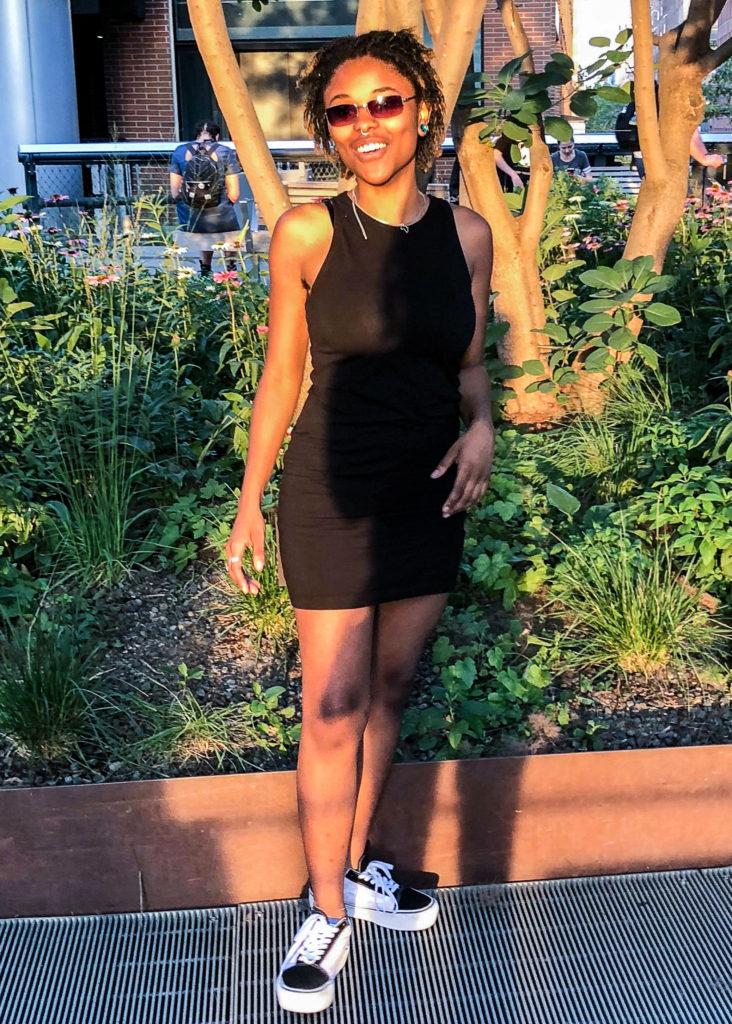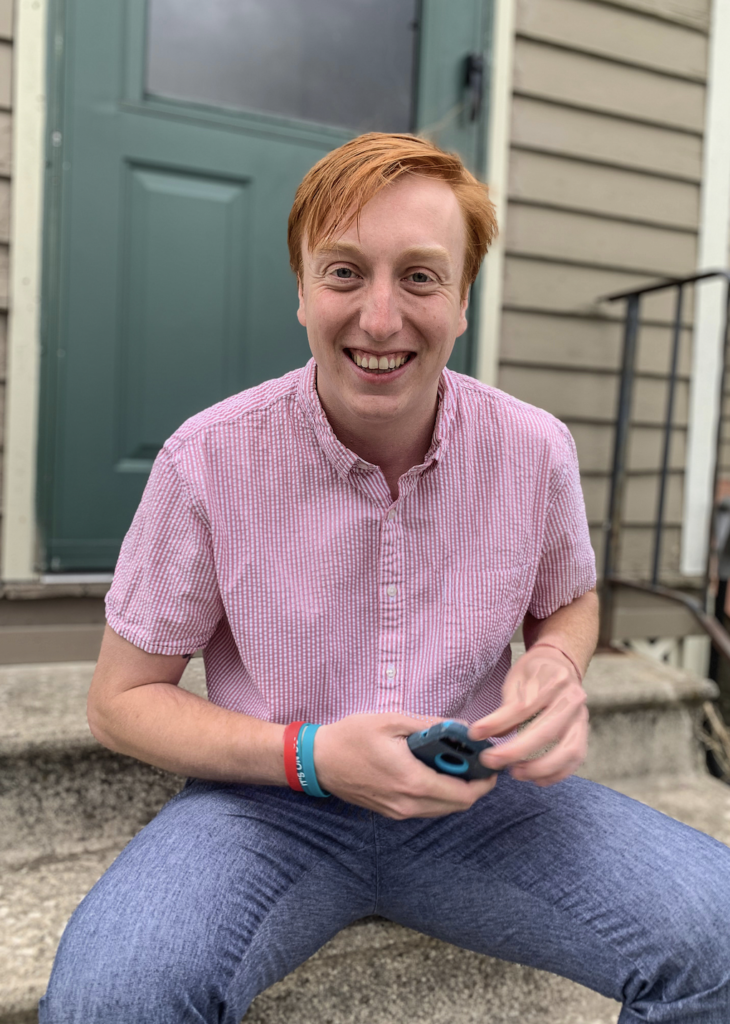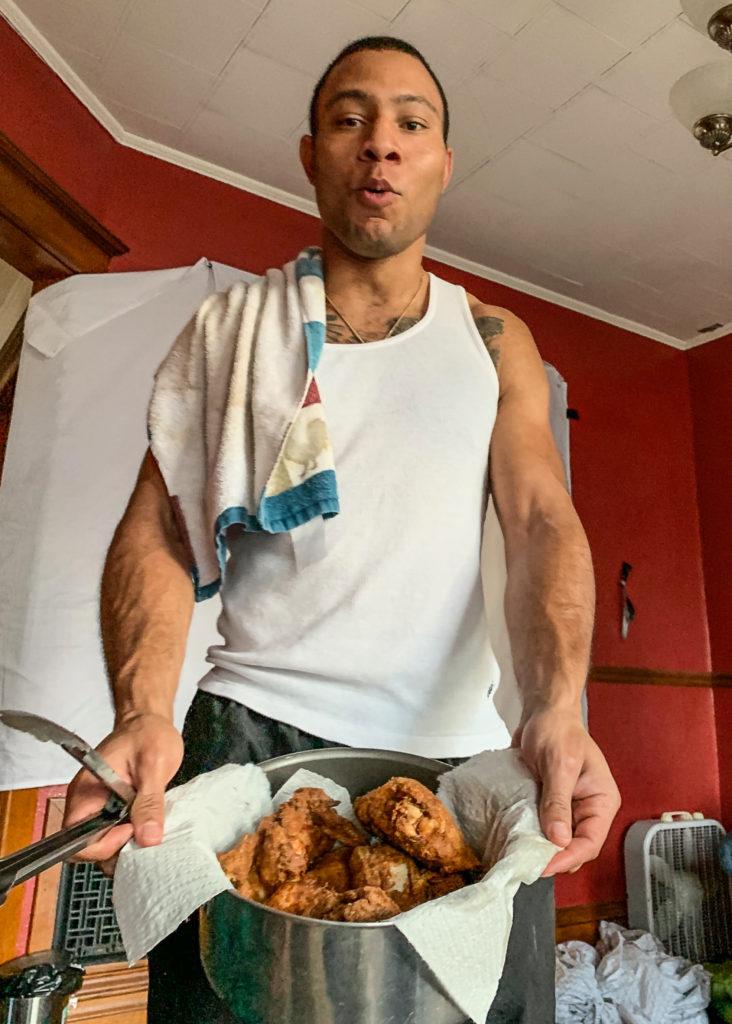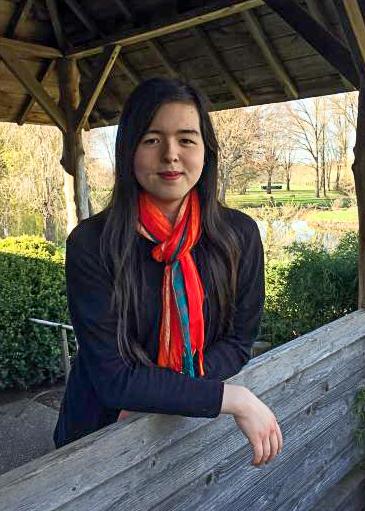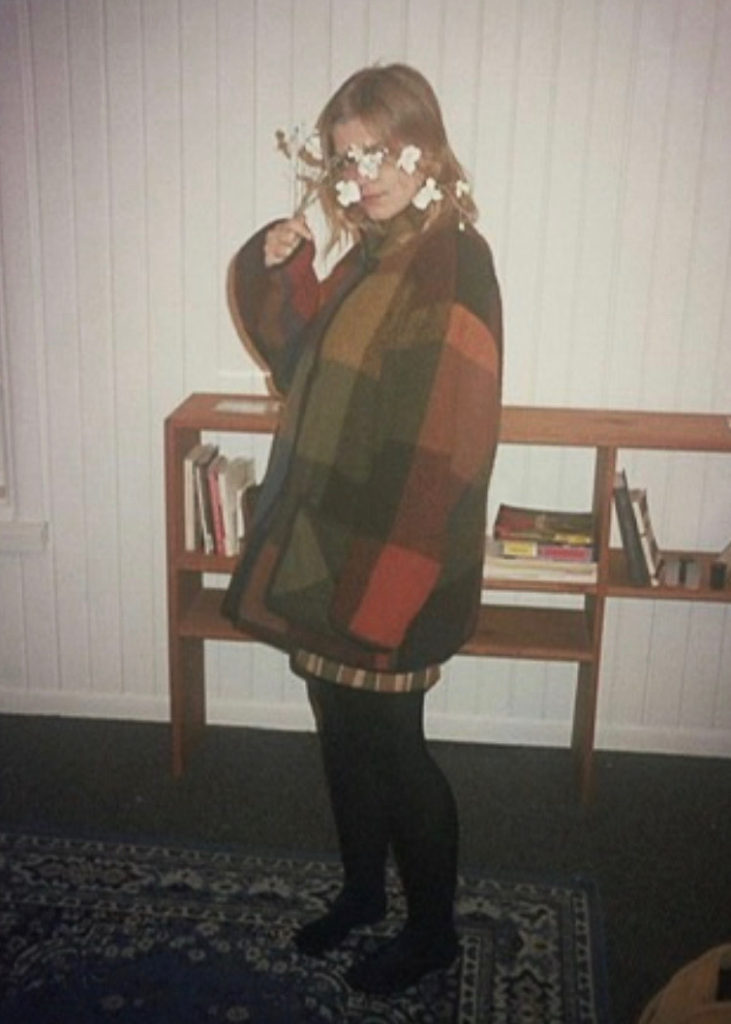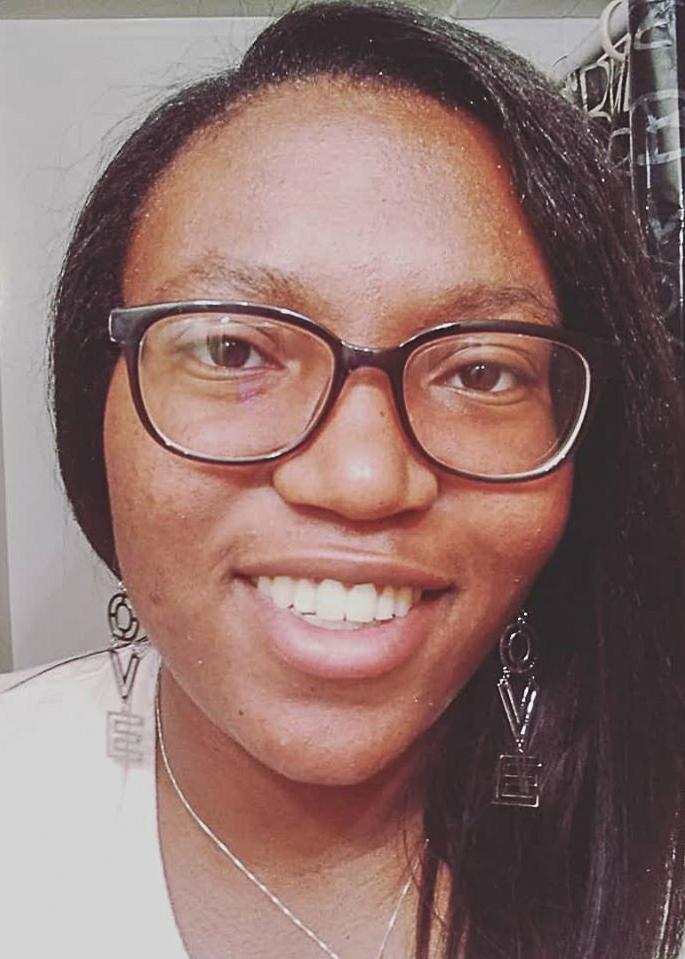“It’s not necessarily that Grinnell taught me how to be angry, but in this environment … I learned how to be angry.”
This is Jiaqi Dai’s answer when asked to name the biggest personal change she experienced during her time at Grinnell.
Graduating in the much-less-than-ideal circumstances of a shut-down campus and the COVID-19 pandemic, Dai’s view of her time at Grinnell is complicated by things that she wishes had been different.
There were several reasons that she chose Grinnell four years ago. Dai wanted to attend a liberal arts college, for one, and she also wanted to be on a rural campus after spending “all [her] life” in Beijing. Her final decision was between Oberlin and Grinnell. She chose Grinnell.
Describing her search process, she said she mainly focused on the schools’ reputations and the quality of teaching in her areas of interest: “For international students, you’re not going to be, like, ‘Which one is close to home?’ because none of them are close to home.”
Dai double-majored in anthropology and gender, women’s and sexuality studies (GWSS) at Grinnell. She said that she had decided on the GWSS major before she began college.
She describes the major as “an entry point,” explaining that “you take one of the social categories, and you enter into this conversation that has many other entry points and you encounter other topics.” Regarding her interest in GWSS, she said, “I think it’s very relevant – not just to my life, but also to many other people’s lives.”
But Dai also described taking courses in GWSS at Grinnell as “frustrating,” particularly because of the U.S.-centric approach to learning the topic that she experienced in some of her classes. When classes did take a more international approach, she said that she observed “the institutions and socializations of people from other countries, other cultures, other communities, being discussed as if we were spices that were being sprinkled on. It really frustrated me.”
When Dai took an introductory anthropology course where the professor discussed ethno-centrism, the subject resonated with her and she decided to explore anthropology further. “I really loved anthro,” she said. She especially liked linguistic anthropology and cultural anthropology, and she decided to make the subject her second major.
Outside of class, Dai likes to watch movies. She said she prefers to watch with other people, which has been more difficult due to the current necessity for social distancing.
One pre-closure activity that she and her friends used to do at Grinnell was to go to showings of “wacky” hyper-conservative movies at local theaters. “It’s interesting in a way that it’s a totally different perspective. … Of course, when we were watching it, we’d make fun of it, but you never really know what other people are thinking, what other people’s perspectives are from their point of view. You can only view others’ perspectives from your perspective.” All of Dai’s friends who used to attend those showings with her have left Grinnell now, so it’s not an activity she does any more.
She’s currently living in an off-campus house with a few housemates. She said, “The majority of the friends that I had before quarantine – they’re still here. We live really close to each other.”
Dai expressed a now-widely held sentiment for many other students in her year about her feelings for the College at the end of her time there, informed by the way that Grinnell has treated fourth-year students as the school year winds down. “I have to say, I really appreciate Grinnell, I appreciate the people I’ve met here, but I for sure do not appreciate the institution. … I feel like the school really disappointed us,” she said.
Once she leaves Grinnell, Dai wants to pursue a graduate degree in anthropology, focusing on posthumanism, although she’s planning to take a few years off before going back to school. She said, “I haven’t lived with my family since high school, so I feel like this year could be the last year where I could be there with my family, when they need me.”
Once she gets home, she’s hoping to find a job – she wants to work in the museum industry – and travel, if it’s safe enough.




























































